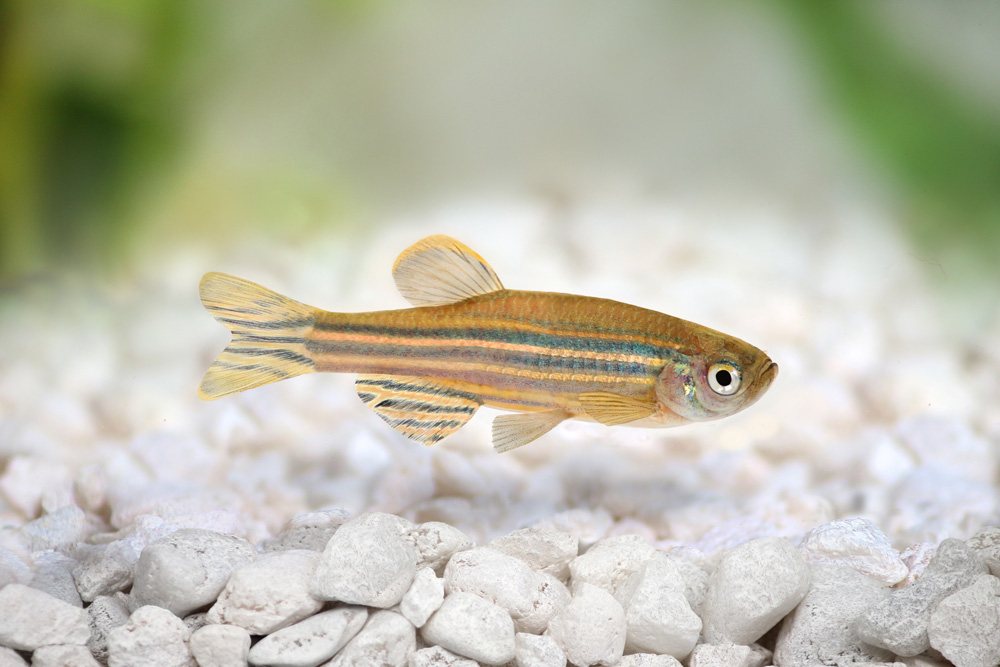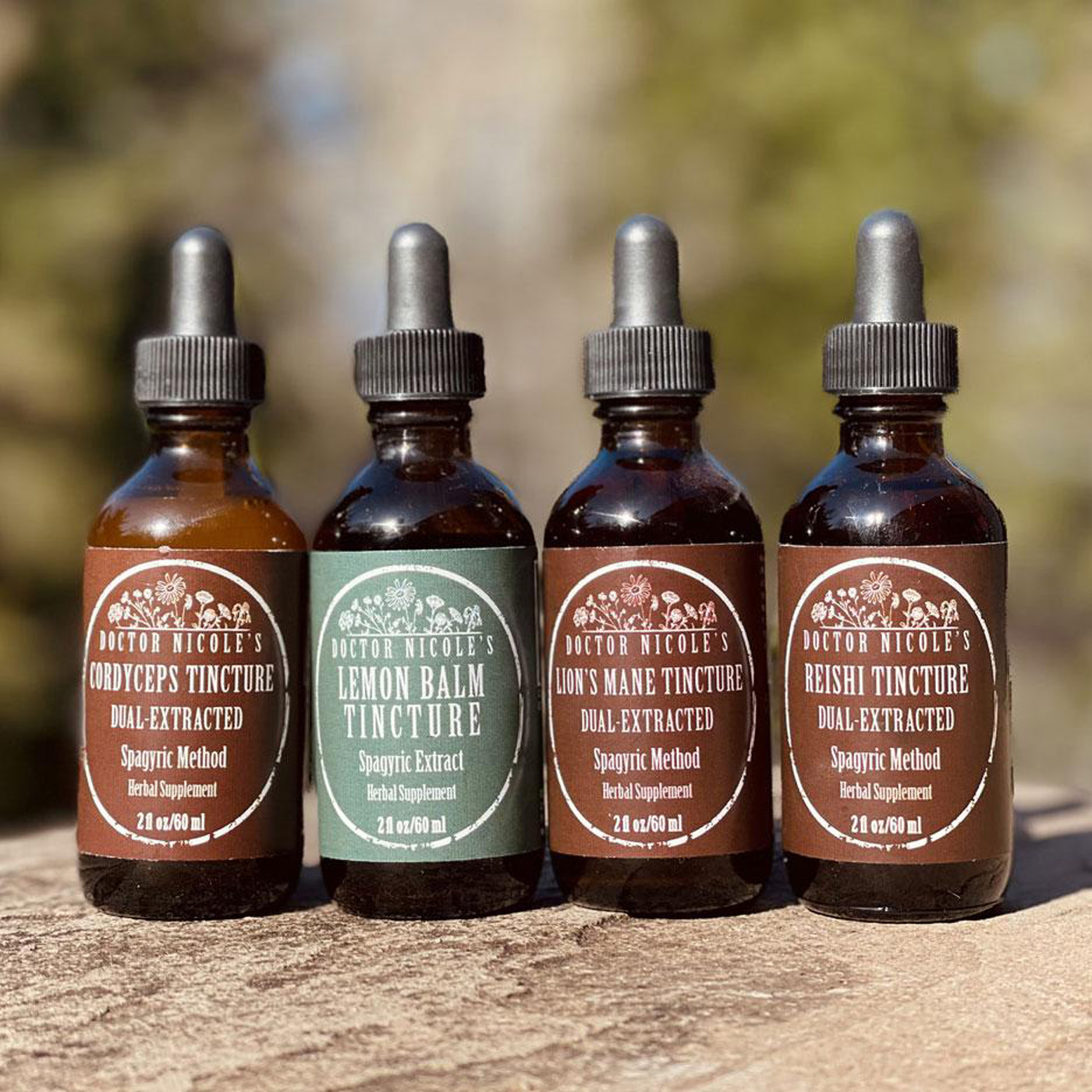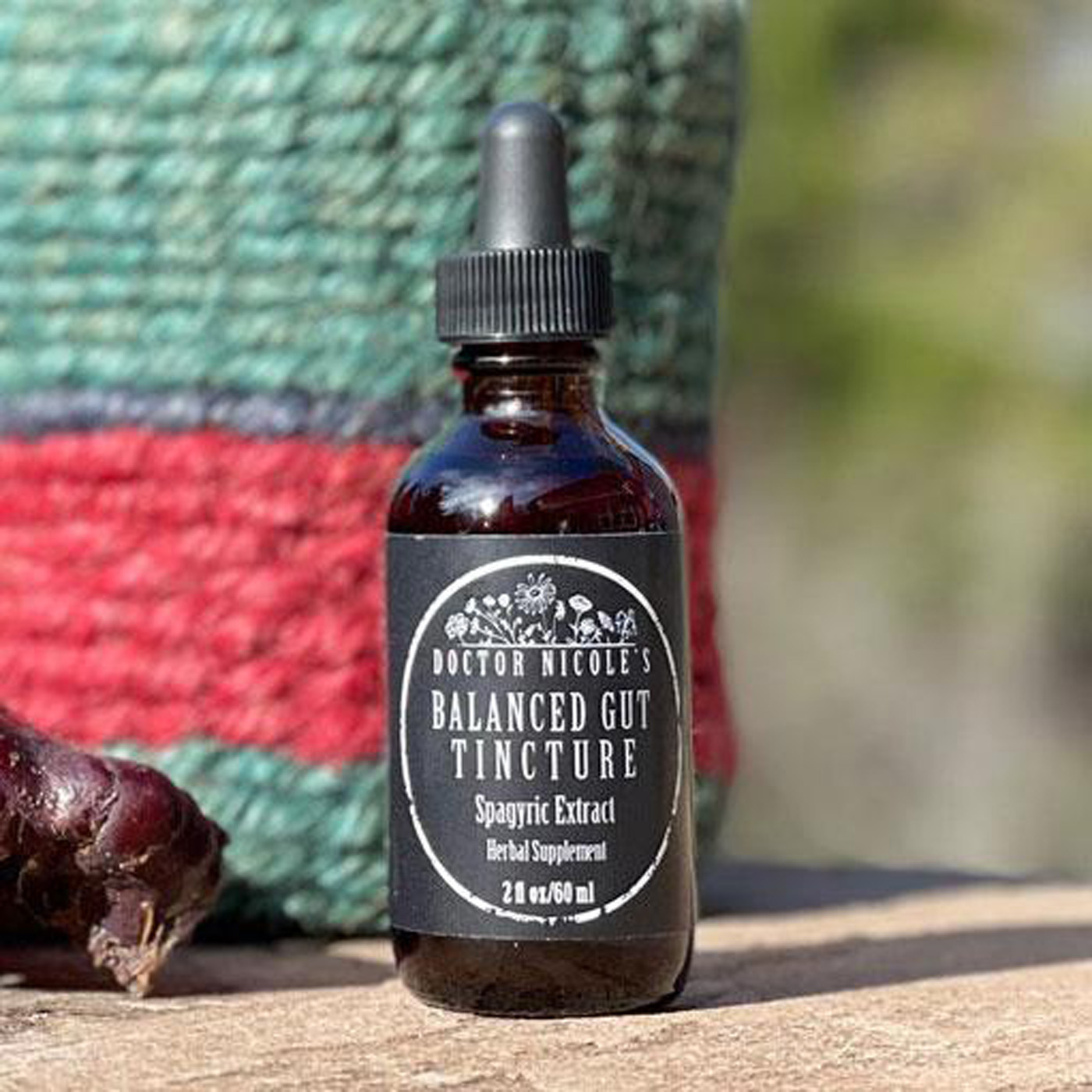The Gut is Foundational for Health. Here’s Why.
For those of you who have been following me for a while, you know that I have written many posts on the importance of keeping your gut healthy — and for good reason. A robust microbiome is the foundation of health and impacts everything from your mood and immune system to lowering your risk of developing Amyotrophic Lateral Sclerosis (ALS), Alzheimer’s, and multiple sclerosis. It is that important. And now researchers have discovered another reason to keep your gut in top form: it helps to create a brain system that supports the development of social skills. This finding has profound implications for how we approach and study ADHD and autism.

How The Microbiome Influences Brain Development
Researchers have known for quite some time that an imbalanced gut microbiome can lead to a host of mental health issues, including depression and anxiety. There is also a link with neurodevelopmental disorders, such as autism and ADHD.
“Not only does the brain have an impact on the gut, but the gut can also profoundly affect the brain,” said Kara Margolis, a pediatric gastroenterologist at New York University’s Langone Health.1
But now two studies have established that a healthy microbiome is crucial for the early period of brain development. While the researchers found this to be true in animal models, they believe there are neurological indicators that suggest it could also be plausible in humans.
The first study, published in PLOS Biology, discovered that zebrafish who grew up without a gut microbiome were significantly less social than those who had colonized colons. Interestingly, this difference was also reflected in their brain structure. This particular type of fish is naturally social, which is why it was chosen. For the study, the researchers bred the fish to be “germ-free” where they lacked a gut microbiome. One group was inoculated immediately upon hatching with a mix of healthy gut bacteria. The remaining were delayed in receiving the culture by one week.
The fish inoculated at birth developed right on schedule with shoaling social behavior at 15 days old. But with the germ-free fish, they didn’t. Even when they were given a retroactive dose of gut microbes, they were not attaining the same social developmental milestones as the first group.
When the team examined the fishes’ brains, there were significant structural differences. For the fish without a microbiome for the first week, the forebrain neurons that affect social behavior had notably fewer microglia, which are the neural immune cells responsible for clearing out waste matter from the brain.
“These are big, major changes in the nervous system,” said Judith Eisen, a neuroscientist at the University of Oregon and co-author of the study. “To me, that’s huge.”1
The researchers believe these findings indicate a healthy microbiome helps the microglia to thrive in the brain, which then prune back excessively branching neurons during critical developmental periods. Without this mechanism, the social neurons of the germ-free fish became tangled and overgrown, thereby hindering their social development.
Likewise, a second study in the journal BMC Genomics also found that neurons are impacted by gut bacteria in zebrafish. The neurons that were profiled are capable of synthesizing acetylcholine and GABA — two important neurotransmitters in the brain. Acetylcholine helps us to focus, learn, and memorize information, while GABA has a calming influence on the nervous system. The neurons that were identified in the study have an equivalent in rodents — and possibly humans.
“If you can find the same cell types between a fish and a mouse, you can probably find the same cell types in humans,” said Philip Washbourne, a molecular biologist at the University of Oregon and co-author of the studies.1
Needless to say, this is a fascinating area of science! More research is needed to establish if human brains are shaped in a similar fashion by the microbiome, but in the meantime we can take steps to encourage a healthy gut and brain. Below are a few tips to get you started.

Lifestyle & Herbal Support
If you would like to improve your microbiome and cognitive health, there is no better way to start than with the diet. Focus on an abundance of high-fiber, plant-based foods that include green bananas, cooked then cooled potatoes, and raw oats for resistant starch; Jerusalem artichoke, flaxseed, and dandelion greens for prebiotics; kimchi, sauerkraut, and tempeh for a boost of probiotics; and beans, whole grains, and nuts for insoluble fiber.
Additionally, I highly recommend my Balanced Gut Blend to give you an extra layer of support for encouraging a healthy microbiome and healing leaky gut. It contains potent, dual-extracted reishi, lion’s mane, and turkey tail medicinal mushrooms to reduce inflammation, feed “good” bacteria, and provide important prebiotics. Plantain cools inflammation and helps to heal leaky gut, while slippery elm and marshmallow allow the gut to regenerate by forming a protective layer.
“I’ve been taking the gut tincture for several months now. I noticed an immediate difference. I no longer have the stomach pain I’ve had for years, nor many other unpleasant stomach issues. It’s basically been my salvation and I’m thankful!” -Haley
We can also take steps to reduce stress, embrace forest floor playgrounds for children, and get plenty of exercise to support overall health and a thriving microbiome.
These 3 mushrooms have unique, research-backed benefits that include: lowering neuroinflammation, stimulating Nerve Growth Factor (NGF), boosting cognitive function, limiting neuronal cell death, enhancing memory, calming stress, combating fatigue, and boosting energy.
Lemon balm is associated with improvements in memory, mood, and age-related cognitive performance, a reduction in stress and anxiety, and improved clarity and focus. It is also antioxidant, helping to protect nerves.
Importantly, lemon balm inhibits the brain’s levels of acetylcholinesterase (AChE), an enzyme that helps break down acetylcholine (Ach), a critical neurotransmitter involved in cognition and memory. Reduced levels of acetylcholine have been associated with Dementia, Parkinson’s, and Alzheimer’s.
Are you ready to take your health to the next level? Visit the apothecary today and experience the power of herbal remedies for yourself!
Nicole Apelian
Nicole’s Apothecary Products in this Post
References
- The Gut Microbiome Helps Social Skills Develop in the Brain. Joanna Thompson, Quantamagazine, November 15, 2022. Retrieved on January 18, 2023, from https://www.quantamagazine.org/the-gut-microbiome-helps-social-skills-develop-in-the-brain-20221115/
- Bruckner, J. J., Stednitz, S. J., Grice, M. Z., Zaidan, D., Massaquoi, M. S., Larsch, J., Tallafuss, A., Guillemin, K., Washbourne, P., & Eisen, J. S. (2022). The microbiota promotes social behavior by modulating microglial remodeling of forebrain neurons. PLoS biology, 20(11), e3001838. https://doi.org/10.1371/journal.pbio.3001838
- Ncube, D., Tallafuss, A., Serafin, J. et al. A conserved transcriptional fingerprint of multi-neurotransmitter neurons necessary for social behavior. BMC Genomics 23, 675 (2022). https://doi.org/10.1186/s12864-022-08879-w






